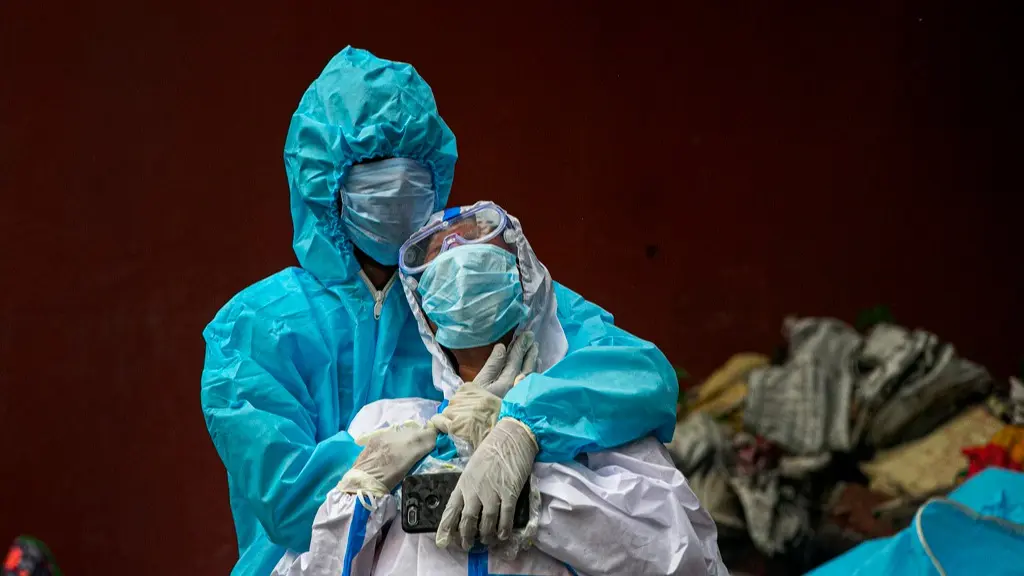Updated 20 July 2024 at 19:48 IST
'Erroneous': Centre Dismisses Study Claiming COVID Cut India's Life Expectancy by 2.6 years
The study suggested that India's life expectancy decreased by 2.6 years between 2019 and 2020.
- India News
- 2 min read

New Delhi: The Union Ministry of Health and Family Welfare has rejected the conclusions of a recent study published in Science Advances, which asserted a significant decline in India's life expectancy during the Covid-19 pandemic in 2020.
Study's Findings
Published in Science Advances, the study suggested that India's life expectancy decreased by 2.6 years between 2019 and 2020. It highlighted that socially disadvantaged groups, including Muslims and Scheduled Tribes, experienced the most pronounced declines, with females particularly affected (3.1 years decrease compared to 2.1 years for males).
Methodological Critique by the Ministry
The health ministry criticized the study's methodology, noting that it relied on a non-representative subset of households from the National Family Health Survey (NFHS-5), conducted from January to April 2021. The ministry argued that extrapolating national mortality rates from just 23% of households in 14 states is inadequate and does not reflect national trends accurately.
Government's Data and Assertions
The ministry defended India's Civil Registration System (CRS), asserting its robustness in capturing deaths, with reporting rates exceeding 99% in 2020. It noted an increase in death registrations by approximately 474,000 in 2020 compared to 2019, attributing this rise to enhanced registration efforts and a larger population base.
Advertisement
Discrepancies in Study's Claims
The government disputed the study's findings on age and sex-specific mortality increases during the pandemic. Official data suggested higher Covid-19 mortality among males and older age groups, contradicting the study's claims of greater excess mortality among younger individuals and females.
In light of these discrepancies and methodological criticisms, the Ministry of Health and Family Welfare deemed the study's estimates "untenable and unacceptable." It emphasized the need for rigorous and comprehensive data analysis to accurately assess the impact of the pandemic on India's demographic indicators.
Advertisement
Published By : Isha Bhandari
Published On: 20 July 2024 at 17:08 IST
